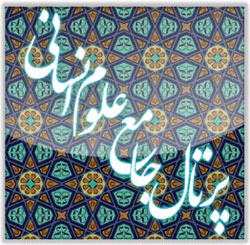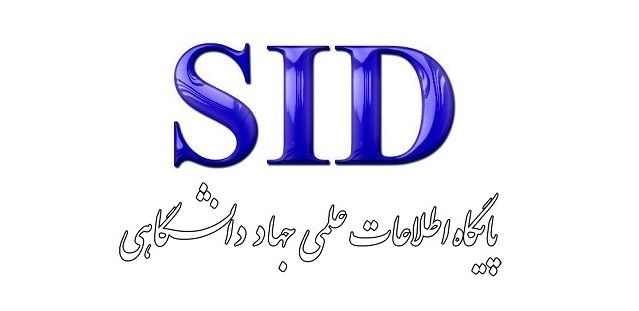A Historical Study of the Entry of Western Political Thought into the Political Discourse of the Qajar Era
Keywords:
Western thought, Qajar political discourse, law, nation, intellectuals, Constitutional Revolution, tradition and modernity, history of political thought in IranAbstract
The entry of Western thought into Iran’s political discourse during the Qajar era marks a pivotal turning point in the intellectual and political transformation of the country. This article, through a historical-discursive approach, examines the contexts, trajectories, and outcomes of this encounter. By analyzing the political writings of key thinkers such as Mirza Fath-Ali Akhundzadeh, Mirza Aqa Khan Kermani, Talebof, Mostashar al-Dowleh, and Malkom Khan, it explores how modern concepts like law, liberty, nation, rationality, and progress were represented and reshaped within the Iranian-Islamic cultural framework. The findings reveal that Western concepts did not penetrate Iranian discourse directly or uniformly but rather through complex processes of translation, localization, resistance, and adaptation. While intellectuals and reformers sought to frame modern ideas within ethical and religious language to facilitate their acceptance, traditionalist clerics and conservative bureaucrats resisted these changes to preserve the established order of shari‘a and absolute monarchy. This dialectical tension ultimately led to a gradual transformation of political language and concepts, paving the way for the Constitutional Revolution and the emergence of a rule-of-law-based state. By highlighting the nuances of this historical encounter, the article underscores the need for a critical re-reading of Iran’s political thought history and proposes new directions for future research on the interplay between religious discourse, cultural identity, and modern political ideas.
Downloads
References
Abrahamian, E. (2008). A History of Modern Iran. Cambridge University Press.
Amanat, A. (1997). Pivot of the Universe: Nasir al-Din Shah and the Iranian Monarchy, 1831–1896. University of California Press.
Bayat, M. (2007). Iran's First Revolution: Shi'ism and the Constitutional Revolution of 1905–1909. Oxford University Press.
Gheissari, A. (1998). Iranian Intellectuals in the 20th Century. University of Texas Press.
Hairi, A. (1977). Shi'ism and Constitutionalism in Iran: A Study of the Role Played by the Persian Residents of Iraq in Iranian Politics. Brill.
Kamrava, M. (2013). The Modern Middle East: A Political History since the First World War (3rd ed.). University of California Press.
Keddie, N. R. (2006). Modern Iran: Roots and Results of Revolution (Updated ed.). Yale University Press.
Martin, V. (1989). Islam and Modernism: The Iranian Revolution of 1906. I.B. Tauris.









